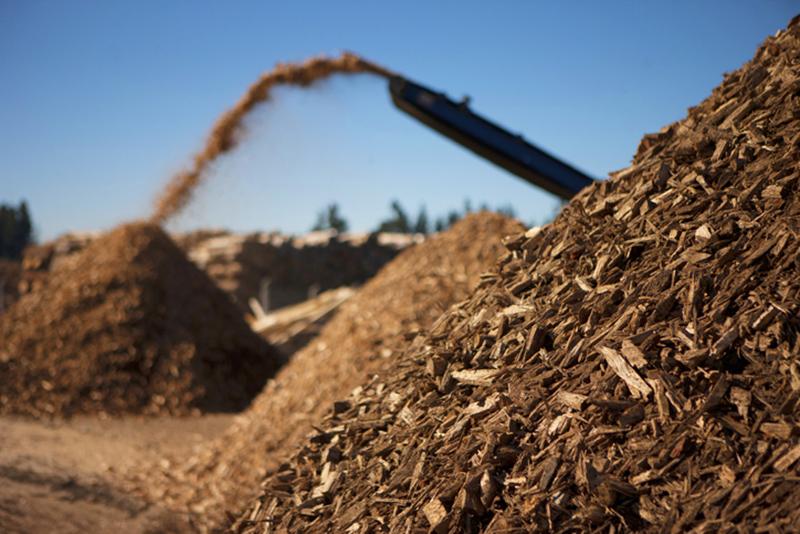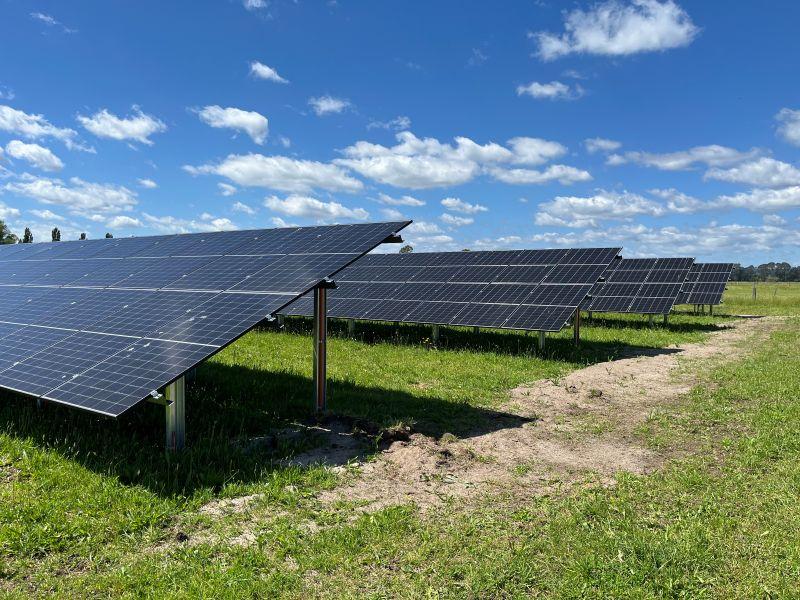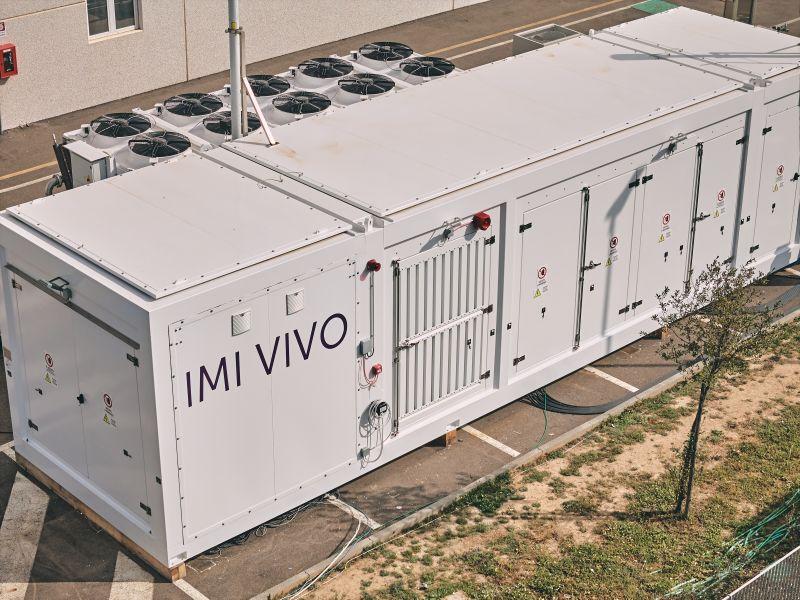The creation of Wood Energy New Zealand, which is a strategic partnership between Pioneer Energy and Niagara Sawmilling Company, reflects the growth in the use of bioenergy to replace fossil fuels which is currently occuring, and how business are growing to respond to the demand for wood fuels.
Pioneer Energy and Niagara Sawmilling Company are both well established accredited wood fuel suppliers and the partnership will combine their existing strengths, and assist them meet larger wood fuel supply contracts.
Brian Cox, Executive Officer of the Bioenergy Association said that “Currently around 10% of New Zealand’s consumer energy comes from biomass residues and it is expected that this will triple over the next few years as Government policies to transition from use of fossil fuels for process heat are implemented. While the existing supply of biomass for energy is sound the increased demand for biomass is incentivising companies like Pioneer Energy and Niagara to expand their business.”
Mr Cox said that “there is enough biomass residues available from plantation and farm forestry but experienced companies like Pioneer Energy and Niagara are needed to get biomass, which is often left on the ground and wasted, collected and delivered to customers.”
Mr Cox said that “These larger experienced wood fuel suppliers will have the capability to supply wood fuel to the large food processors and hospitals who are in the transition phase and need the confidence that suppliers have the capability to supply the fuel they need.”
1. Bioenergy has a unique point of difference from other forms of renewable energy as it is the most flexible and versatile form of renewable energy and contributes widely to the New Zealand economy. The use of biomass for energy (bioenergy) provides a fundamentally different least cost approach to achieving a low carbon economy compared to all other renewable energy forms. Biomass use and bioenergy can:
• substitute for all fossil fuel uses for any energy application and is carbon neutral,
• contribute to carbon storage (remove GHG from the atmosphere)
• provides significant opportunities to address environmental issues arising from optimisation of land use (eg pastoral intensification and landfilling)
• Provide many opportunities for regional economic growth and employment based on our under-utilised land resource.
2. Focusing on use of biomass as a valuable resource leads to new business opportunities, improved business resilience of landowners, and extraction of value from waste. Energy is often the co-product of higher value products such as regional employment, bio-based materials and more resilient land use.
3. Bioenergy is from a fully renewable resource, using proven technologies and has extreme flexibility. The processing of biomass can produce a wide range of revenue streams from application of heat; generation of electricty; use as transport fuel; extraction of chemicals and manufacture of bio-based materials; use as bio-fertiliser; and purification of water.
4. Communities and business adopting a circular economy approach by matching local wood and waste residues as feedstock as an input to creation of products, optimises the financial viability of the business, offsets costs of waste disposaland being used to generate employment and new business that supports the local economy.
5. Bioenergy initiatives are generally highly integrated with other sectors and other activities so cross sector and all-of-government approaches are necessary.For example integrated agriculture land use for animal health management with shelter can produce revenue creating wood fuel.
6. Bioenergy could achieve greenhouse gas reductions of:
• 1.8 Mt CO2 -e pa from reduced use of coal and gas for process heat
• 1.8 Mt CO2 -e pa from reduction of methane from waste
• 5.0 Mt CO2 -e pa from use of biofuels in transport
These levels of greenhouse gas reduction are comparable but less cost than many of the other initiatives currently being pursued by Government. https://www.bioenergy.org.nz/greenhouse-gas-reduction
7. The vision for bioenergy - Economic growth and employment built on New Zealand’s capability and expertise in forestry, wood processing and bioenergy production from waste - leading to new business opportunities which by 2050 could more than double biomass energy supply up to 27% of the country’s energy needs, with a consequential 15% reduction in greenhouse gas emissions*.[* compared to 2017]
Combustion of biomass for process heat
1. The use of biomass fuels for process heat are proven and widely used by those with immediate access to biomass which can be used as a fuel.
2. The market for buying and selling biomass fuel by those without immediate access to their own sources of biomass builds on strong foundations.
3. The biomass fuel supply chain has a number of players but like any evolving market the New Zealand biomass fuel supply market now has cornerstone players who are expanding their supply capabilities at a fast but orderly rate so that boom/bust scenarios will be avoided.
4. Unlike fossil fuels whose quantity is finite there is potentially no reason why biomass fuel supply will be a future problem. There are many avenues for sourcing biomass such as plantation and farm forestry. The 1 billion trees programme will produce additional biomass fuel plus be a new carbon sink every 30 years by planting commercial forests. Biomass processing could be integrated at least cost (or vice-versa) with waste to energy bio-processing.






